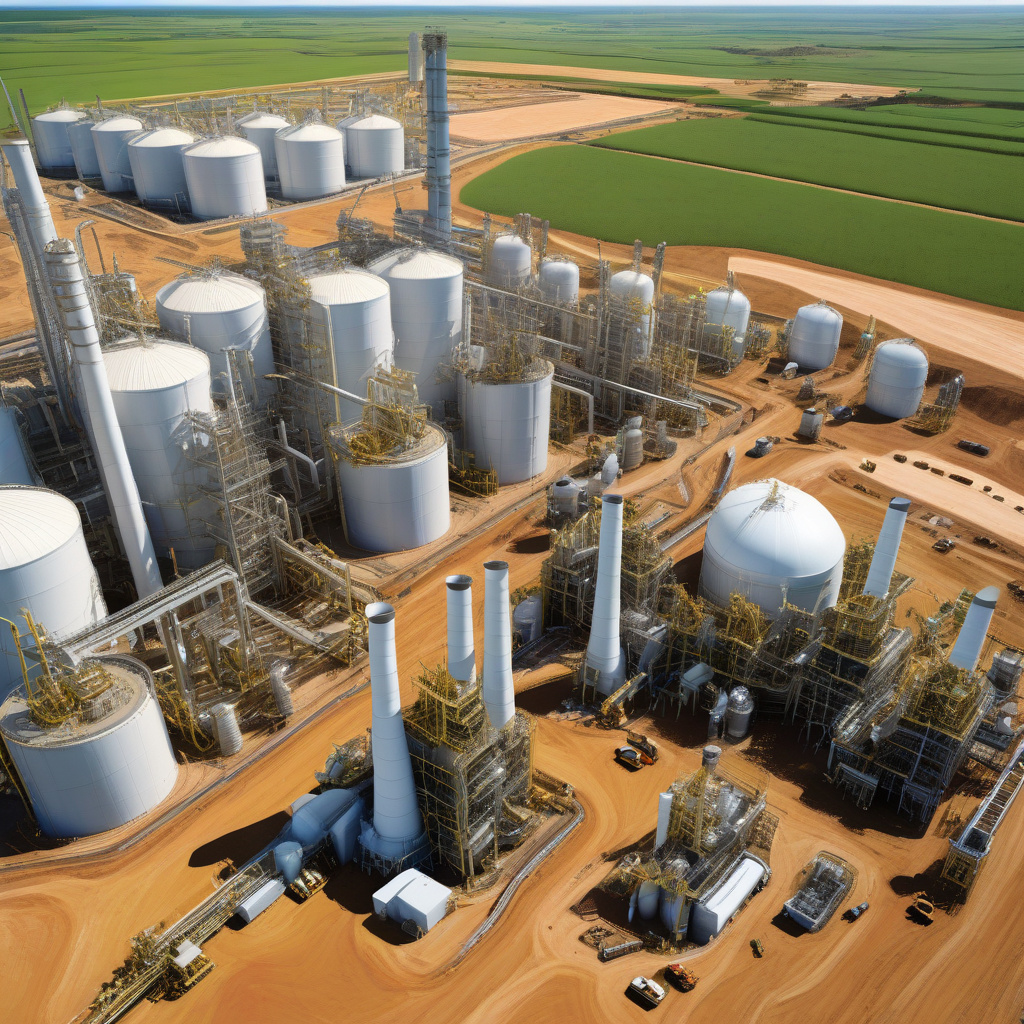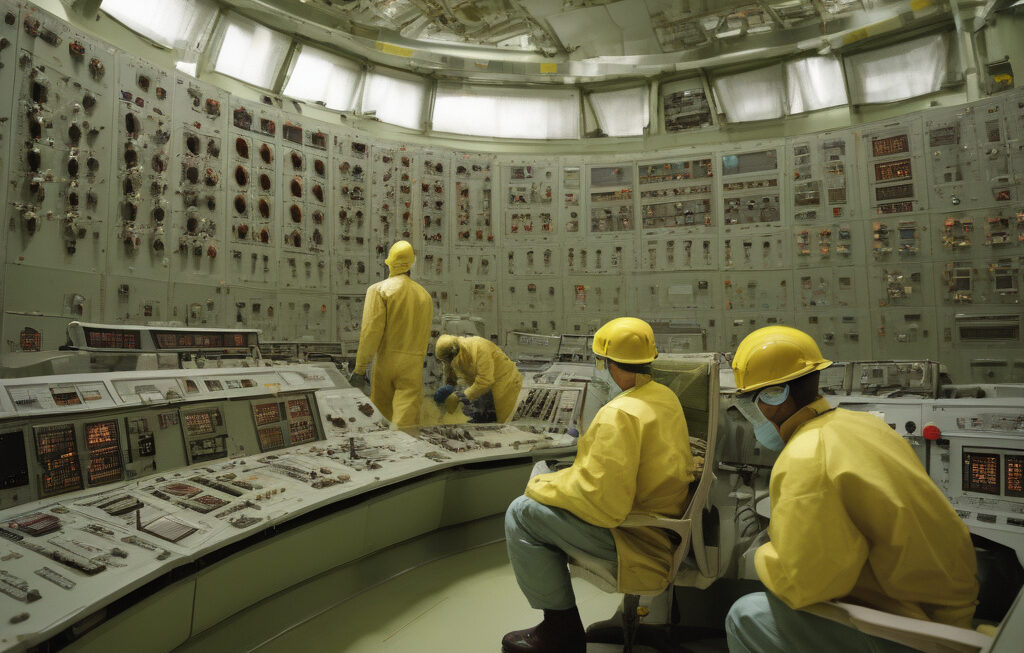Brazil Launches World’s First Ethanol Power Plant to Turn Sugarcane into Electricity
In a pioneering initiative, Finnish technology group Wärtsilä has joined forces with Energetica Suape II to establish the world’s first ethanol power plant in Brazil. This groundbreaking project aims to revolutionize the way electricity is produced by harnessing the power of sugarcane to generate clean and sustainable energy.
The ethanol power plant, located in the heart of Brazil’s sugarcane industry, utilizes innovative technology developed by Wärtsilä to convert sugarcane biomass into electricity. This process not only reduces greenhouse gas emissions but also provides a renewable energy source that is both cost-effective and environmentally friendly.
One of the key benefits of this ethanol power plant is its ability to produce electricity consistently, regardless of external factors such as weather conditions. Unlike traditional solar or wind power plants, which are dependent on the sun and wind for energy production, the ethanol power plant can operate 24/7, ensuring a reliable energy supply to the grid.
Moreover, the use of sugarcane biomass as a fuel source offers a sustainable solution to Brazil’s energy needs. With vast expanses of sugarcane plantations spread across the country, Brazil has a readily available and renewable source of biomass that can be used to generate electricity on a large scale.
By harnessing the power of sugarcane to produce electricity, Brazil is not only reducing its reliance on fossil fuels but also creating new opportunities for economic growth and innovation. The ethanol power plant is a testament to the country’s commitment to sustainable development and its leadership in the global transition towards clean energy solutions.
Furthermore, the success of the world’s first ethanol power plant in Brazil is a testament to the power of collaboration between technology companies like Wärtsilä and local energy providers like Energetica Suape II. By combining cutting-edge technology with local expertise, this partnership has been able to overcome technical challenges and bring a revolutionary concept to life.
As the global demand for clean energy continues to rise, initiatives like the ethanol power plant in Brazil serve as a shining example of what is possible when innovation and sustainability intersect. By turning sugarcane into electricity, Brazil is not only reducing its carbon footprint but also setting a new standard for the future of energy production.
In conclusion, the launch of the world’s first ethanol power plant in Brazil marks a significant milestone in the transition towards a more sustainable and environmentally conscious energy sector. By leveraging the power of sugarcane biomass, Brazil is paving the way for a cleaner, greener future powered by renewable energy sources.
sugarcane, ethanol power plant, clean energy, sustainable development, Brazil’s innovation










